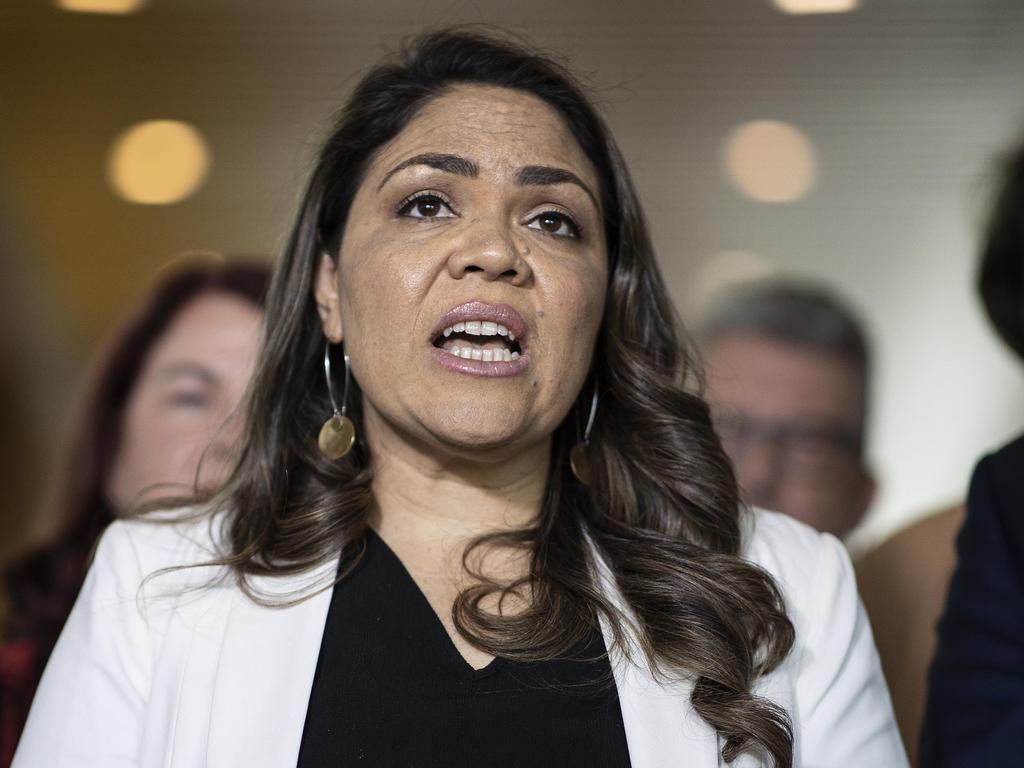Teachers told to switch off digital devices after school
A ‘digital detox’ clause and the right to ignore work calls and emails after school has been added to the nation’s most generous pay deal for teachers.

A “right to disconnect’’ and ignore work calls and emails from principals and parents after school has been added to the nation’s most generous pay deal for teachers.
State school teachers in Queensland are set to approve on Tuesday a three-year enterprise agreement boosting lead teachers’ wages to $153,000 a year by 2024.
Teachers will be encouraged to switch off their phones and computers when the school bell rings, in a “digital detox’’ clause that has been recommended for a national rollout as part of the review of teacher workloads.
The Queensland Teachers’ Union has been campaigning for three years for a “right to disconnect’’ from work emails, text messages and phone calls from principals and parents at the end of the school day.
“Employees are encouraged to disconnect from digital technologies and communications when accessing rest time, weekends and leave/vacation periods, except in exceptional circumstances,’’ the new EA states.
“The department is committed to minimising digital communications with employees to ensure an appropriate work/life balance is met, whilst accommodating operational needs.’’
As revealed by The Australian, teachers in Queensland will pocket a Cost of Living Adjustment of up to 3 per cent of their wages, if inflation exceeds the scheduled pay rises of 4 per cent this year, 4 per cent next year and 3 per cent in 2024.
With inflation running above 7 per cent, the COLA could hand teachers a 20 per cent pay rise over three years, pushing wages to almost $80,000 for first-year teachers and $153,000 for lead teachers.
The new pay deal more than doubles the bonuses paid to teachers working in remote regions, who will now pocket between $3000 and $6000 a year on top of their usual wage, depending on the time they have worked remotely. Expat teachers returning to Australia will be paid a one-off $2000 bonus to teach in regional Queensland.
The agreement refers to a 25-hour weekly “rostered duty time’’ for teachers between 8.30am and 3.30pm, along with six weeks of paid summer holidays on top of four weeks’ annual leave and public holidays.
But QTU president Cresta Richardson said the “rostered hours’’ did not account for the time teachers spend working “unseen and unpaid” at home.
She said teachers worked an average of 45 hours a week, with principals working even longer.
“Tired stereotypes of teachers working nine to three are lazy, disrespectful and frankly not true,’’ she told The Australian.
“Lesson preparation, exam marking, school camps, report cards, student supervision, parent-teacher meetings and a raft of other compliance matters make up an average week. Often holidays and weekends are used to catch up and forward plan.
“The 25 hours in the award is the required time a teacher needs to be in attendance at school.’’
Queensland’s “switch off’’ clause was singled out for a national rollout through the Draft National Teacher Workforce Action Plan released by federal Education Minister Jason Clare last month.
State Education Minister Grace Grace said the new EA would give Queensland teachers “some of the best pay and conditions in the country’’.
“We are always keen to recruit more of the brightest minds to educate our youngest Queenslanders, particularly to remote and regional areas, where we know it can be more challenging to fill vacancies,’’ Ms Grace said.
“While everyone recognises the importance and benefit of technology for doing our job, we want to encourage a culture where teachers are supported to digitally disconnect when they’re not at work, except in exceptional circumstances.’’








To join the conversation, please log in. Don't have an account? Register
Join the conversation, you are commenting as Logout